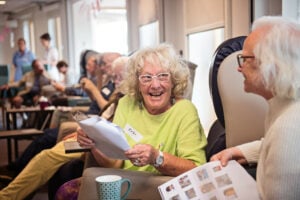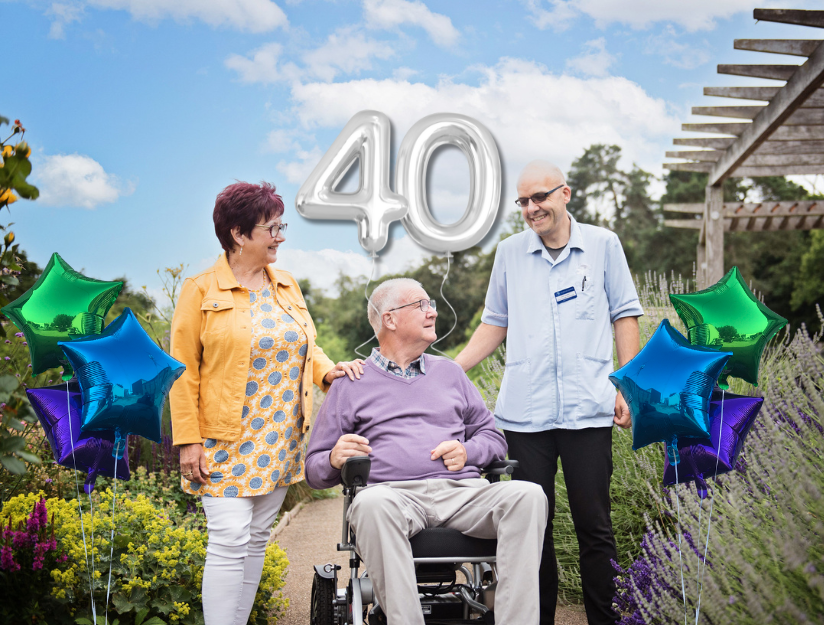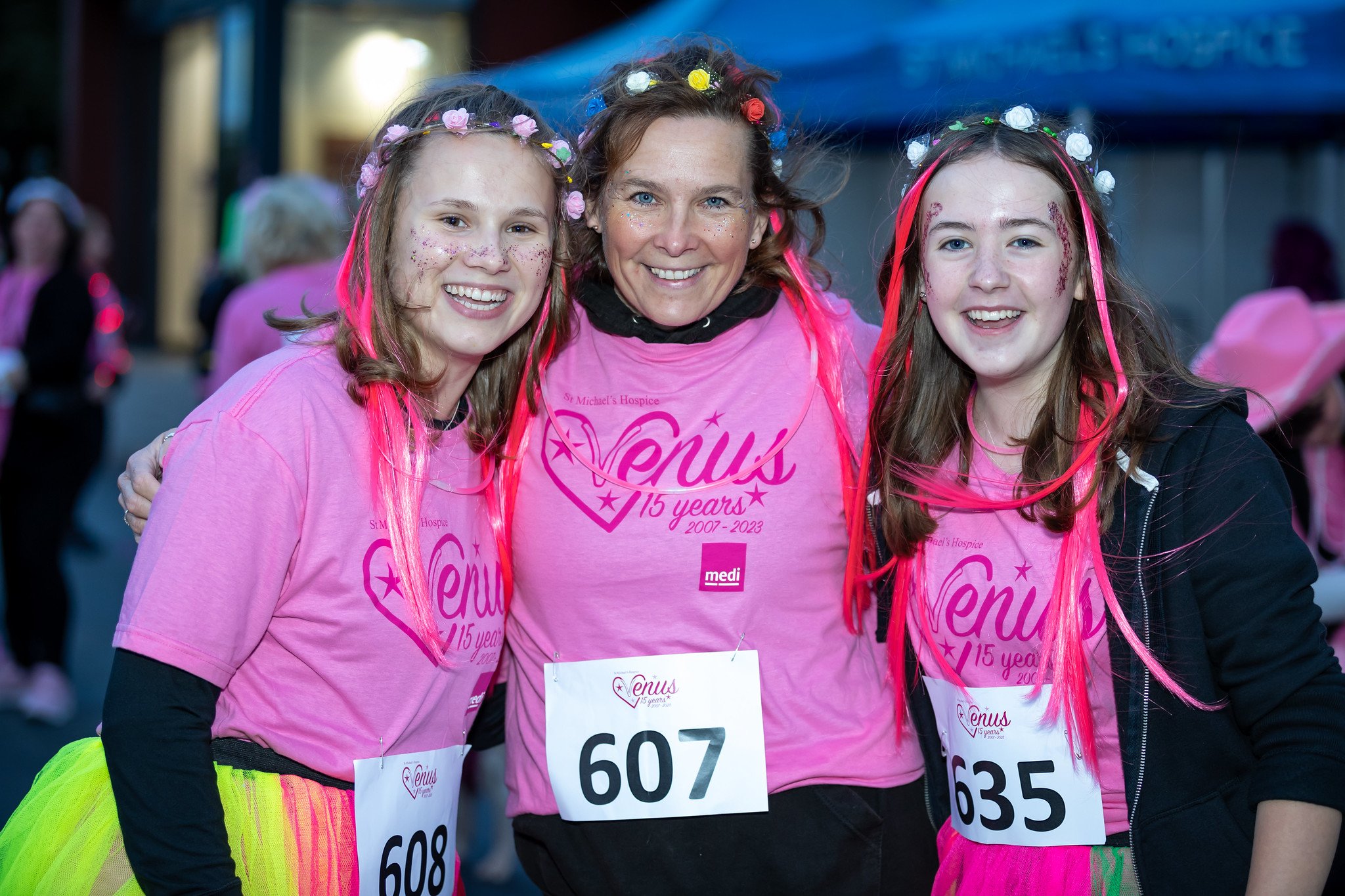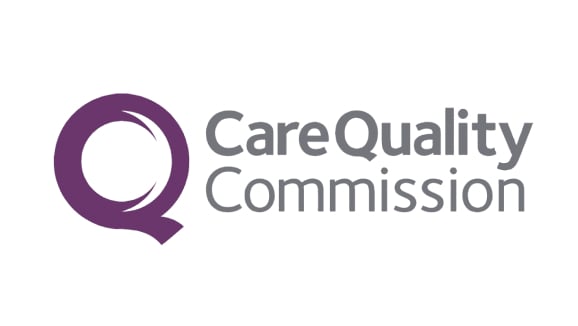Supporting communities in Hereford since 1984, our home-from-home environment creates a relaxing atmosphere for patients and families.

Our Care
We understand that it can be a difficult time, and that’s why we’re here for you 24 hours a day, 7 days a week.

Fundraise for us
If you’re about to embark on a fundraiser for us, or have completed one, add it to the Fundraising Wall of Fame and share it with the community.

Visit one of our shops
We have a range of clothing and Home & Living shops based across Herefordshire, which stock a variety of unique and high quality items, brand new and second hand.
Our vacancies
Here you can see all our current vacancies or volunteer positions, have a look and see if anything catches your eye.






